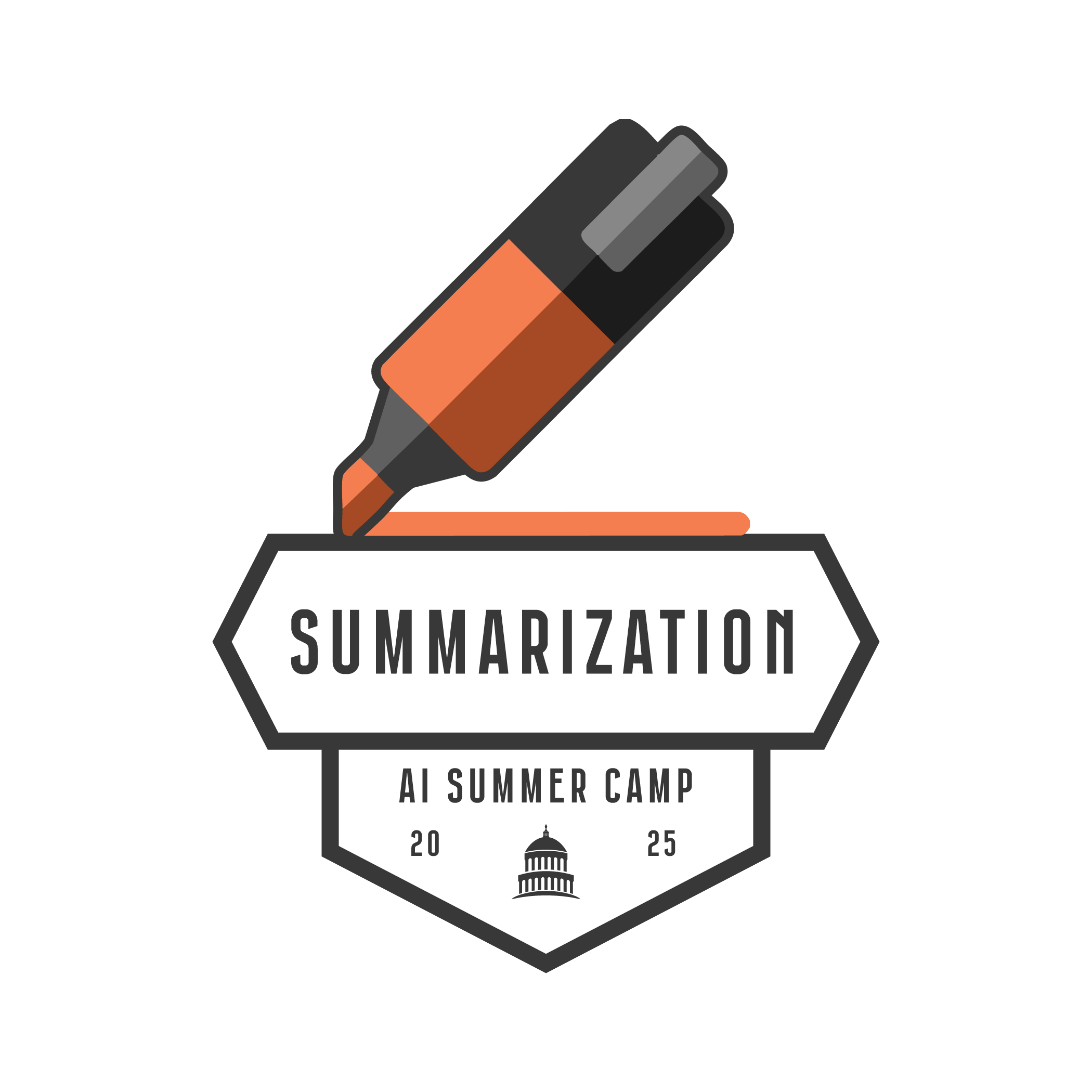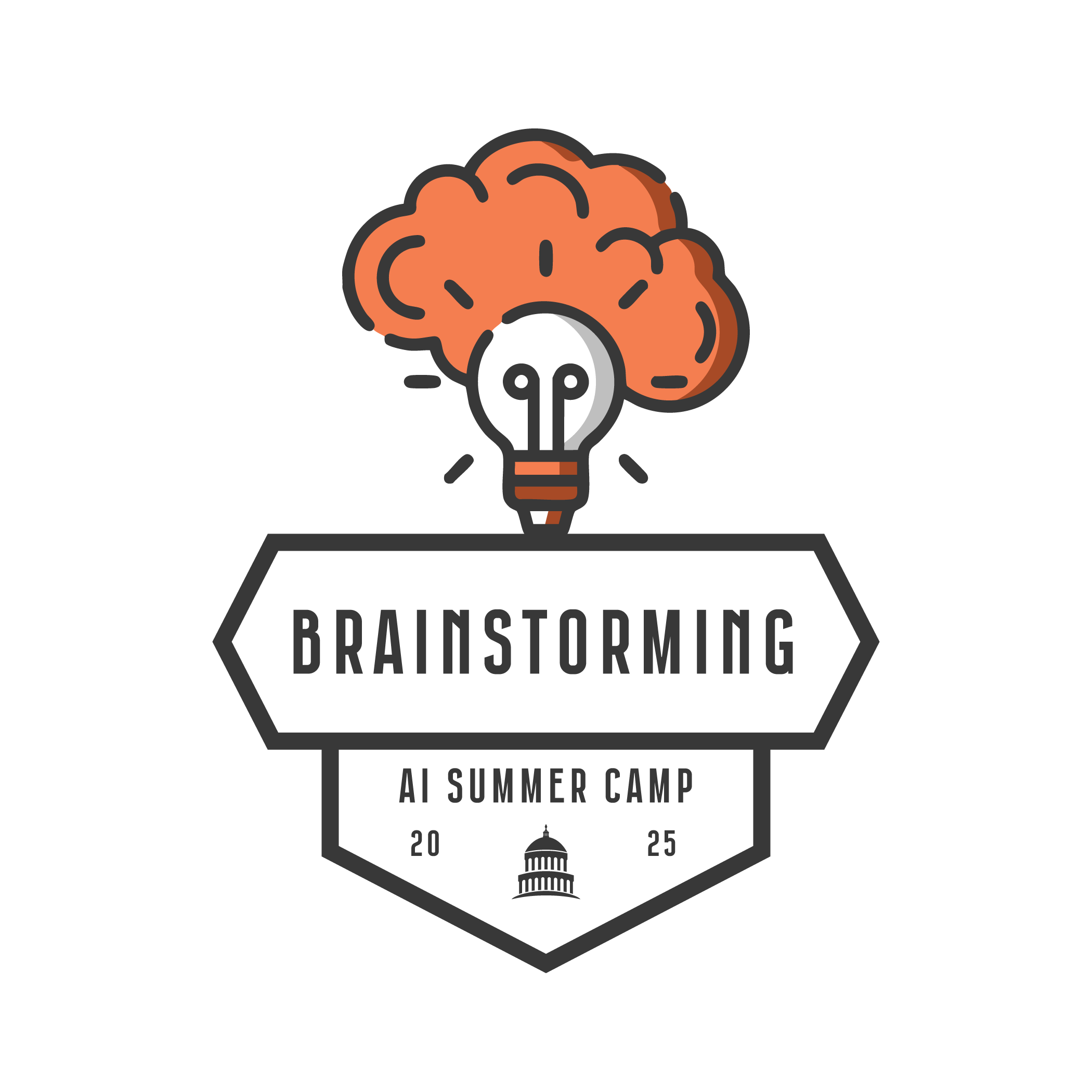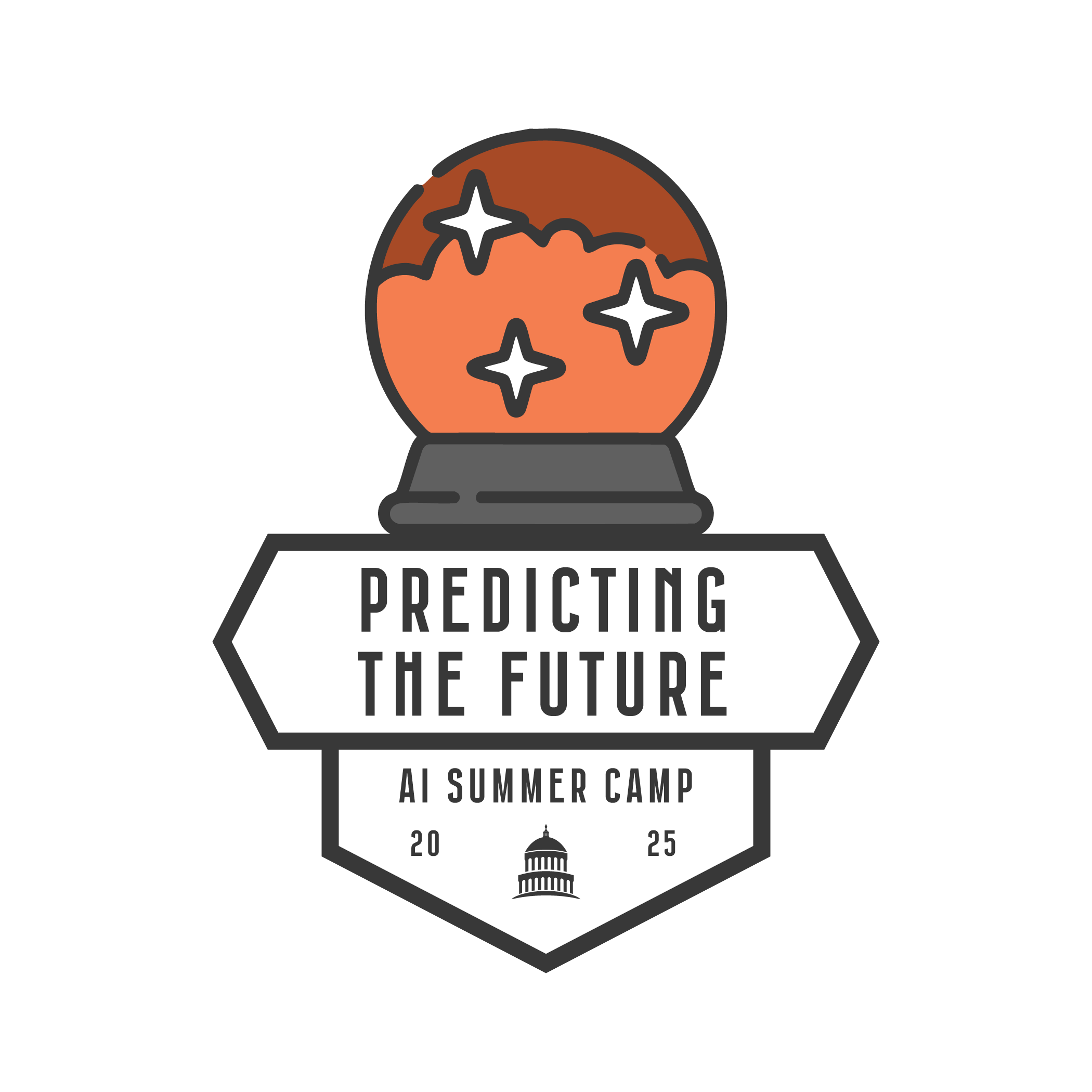AI Field Guide: Schedulers
The use of GenAI tools can support you in optimizing your time management by analyzing meeting priorities, generating scheduling conflict solutions, and creating briefing summaries for back-to-back appointments to set your Member up for success.
Get started with five “quests” designed to support policymakers and their teams in getting to know and understanding this technology in an approachable way:
Safety First: Like any good adventure, using AI involves well-marked paths to follow—and a few areas best avoided. Stay safe and be responsible by keeping these AI safety tips in mind.
Bring a Buddy: See tips and sample prompts for every member of your team, including Staff Assistants, Legislative Staff, Communications Staff, Caseworkers, Legislative Directors, Field Representatives & Community Outreach Directors, Chiefs of Staff & District Directors, and even the Member!
Quest 1: Summarization
Ranger Tip
AI's summarization capabilities can help you quickly extract key information from public materials and published research to provide essential background context for your Member's meetings and events. This means smoother transitions between meetings and better-prepared conversations that make the most of your Member's valuable time.
Quest Directive
Use an institution-approved LLM to:
Research background for upcoming meetings and events - Summarize publicly available information about organizations, policy issues, or events to provide context for upcoming meetings without using any internal communications
Time allocation analysis - Summarize your Member's quarterly or monthly schedule data to create reports showing time spent on different activities, priorities, or constituencies
Activity pattern recognition - Analyze scheduling patterns to identify trends, peak activity periods, or areas where time allocation could be optimized for greater effectiveness
Sample Prompts
“Summarize this organization's recent annual report and website information for an upcoming meeting with the organization’s head of Congressional affairs. Include: the org’s main priorities, recent achievements, and any federal policy interests noted. Limit the summary to under 200 words.”
“Analyze this list of Q3 meetings and events. Categorize by: Committee work (X hours), Constituent meetings (X hours), Coalition building (X hours), District events (X hours), and Media/Communications (X hours). Create a summary showing the percentage of time in each category with 2-3 key insights about priorities.”
Tip: meeting data can be downloaded from a calendar as an Excel spreadsheet, which can then be edited to delete location-based data as well as specific names and other PII. This scrubbed Excel spreadsheet can then be uploaded to assist with this prompt.
Letters from camp: Have a particularly good (or wild) experience with this quest? Tell us all about it!
Quest 2: Brainstorming
Ranger Tip
AI can help you reimagine scheduling approaches and generate creative solutions to the eternal challenge of fitting too many priorities into too little time. This creative problem-solving can lead to more efficient schedules, better work-life balance for your Member, and innovative meeting formats that accomplish more in less time.
Quest Directive
Use an institution-approved LLM to:
Optimize your daily schedule - Generate creative scheduling strategies, meeting formats, or time management approaches that could maximize your Member's effectiveness while reducing stress
Boost travel and event efficiency - Brainstorm ways to make travel more productive, combine multiple purposes into single trips, or create innovative event formats that serve multiple constituencies
Sample Prompts
“Our Member has 4 different stakeholder groups wanting individual meetings next week, but only 1.5 hours available. Brainstorm 5 creative meeting formats that could address everyone's needs efficiently while still giving each group meaningful access.”
“Generate 6 innovative ways to make our Member's upcoming 3-day district work period more productive. Consider: new meeting locations, combined events, travel efficiency, and creative formats that could serve multiple purposes per event.”
Letters from camp: Have a particularly good (or wild) experience with this quest? Tell us all about it!
Quest 3: Content Creation
Ranger Tip
AI can help you create clear, concise scheduling materials that keep everyone informed and prepared for the Member's complex and demanding calendar – especially in response to last-minute changes. This means fewer miscommunications, better-prepared meetings, and more efficient use of everyone's time.
Quest Directive
Use an institution-approved LLM to:
Create schedule and event documentation - Create event summaries (or event summary templates) for staff to use to ensure smooth execution of the Member's activities and record keeping
Create standardized communication packets - Draft template scheduling emails, meeting confirmations, or event materials that maintain professionalism while managing complex logistics. These templates can be used as a foundation and then customized as needed to save time.
Sample Prompts
“Create a comprehensive event summary template for a Member of Congress attending an event [e.g., town hall, constituent meeting, stakeholder roundtable, etc.]. Include sections for: event logistics (date, time, location, attendees, staff representation), key talking points, background briefing highlights, follow-up action items, and post-event notes. Format this as a fillable template that staff can quickly complete for record-keeping purposes.”
“Draft a diplomatic email template for notifying attendees of schedule changes or cancellations due to the fluidity of the Member’s schedule. Include: sincere apology for the change, clear explanation of the new arrangement or cancellation, alternative options when possible, contact information for questions, and reassurance of the Member's commitment to the relationship. Create variations for different scenarios: postponement, cancellation, time changes, and location changes.”
Letters from camp: Have a particularly good (or wild) experience with this quest? Tell us all about it!
Quest 4: Strategizing
Ranger Tip
AI can help you think strategically about maximizing your Member's time and political effectiveness while developing the high-level organizational and relationship management skills that open doors to senior administrative or political roles. This strategic mindset can transform scheduling from reactive logistics to proactive political and professional development.
Quest Directive
Use an institution-approved LLM to:
Strategically approach schedule management - Develop approaches to optimize your Member's time for maximum political impact, relationship building, and legislative effectiveness
Pursue career advancement strategies - Create plans for expanding your role beyond traditional scheduling to become a trusted advisor on logistics, relationships, and time management across political operations
Sample Prompts
“My Member wishes to become known as a leader on immigration related policies. Help me to develop a strategic scheduling approach framework that can help us make decisions about what meetings she attends and which ones staff cover on her behalf. Include outreach strategies and follow-up cultivation strategies over the next 6 weeks.”
“I want to transition from scheduler to chief of staff. Create a strategic plan to help me demonstrate my broader capabilities through my role including: political relationship management, strategic thinking, confidential matter handling, and coordination across office functions. Include specific skill-building opportunities.”
Letters from camp: Have a particularly good (or wild) experience with this quest? Tell us all about it!
Quest 5: Predicting the Future
Ranger Tip
Future AI systems may coordinate complex schedules across multiple time zones with natural language preferences, automatically arrange optimal meeting sequences based on relationship dynamics and policy priorities, and adapt in real time to changing political circumstances. The orchestration of political time and relationships is about to become far more sophisticated and strategic.
Quest Directive
Use an institution-approved LLM to:
Explore dynamic schedule optimization - Experiment with AI's ability to balance complex political, logistical, and relationship factors in schedule planning, imagining future coordination capabilities
Investigate predictive relationship management - Ask AI to simulate how advanced systems might enhance political relationship building and strategic timing for maximum effectiveness
Sample Prompts
“Imagine the creation of a scheduling assistant AI tool in 2030 that understands political dynamics, relationship histories, and can theorize on strategic timing. Describe how it might assist a scheduler in planning a Member's week during a major legislative push, balancing coalition building, media opportunities, constituent time, and committee work while adapting in real-time to political developments.”
Letters from camp: Have a particularly good (or wild) experience with this quest? Tell us all about it!
Letters from Camp
Have a particularly good (or wild) experience with this quest? Tell us all about it!







